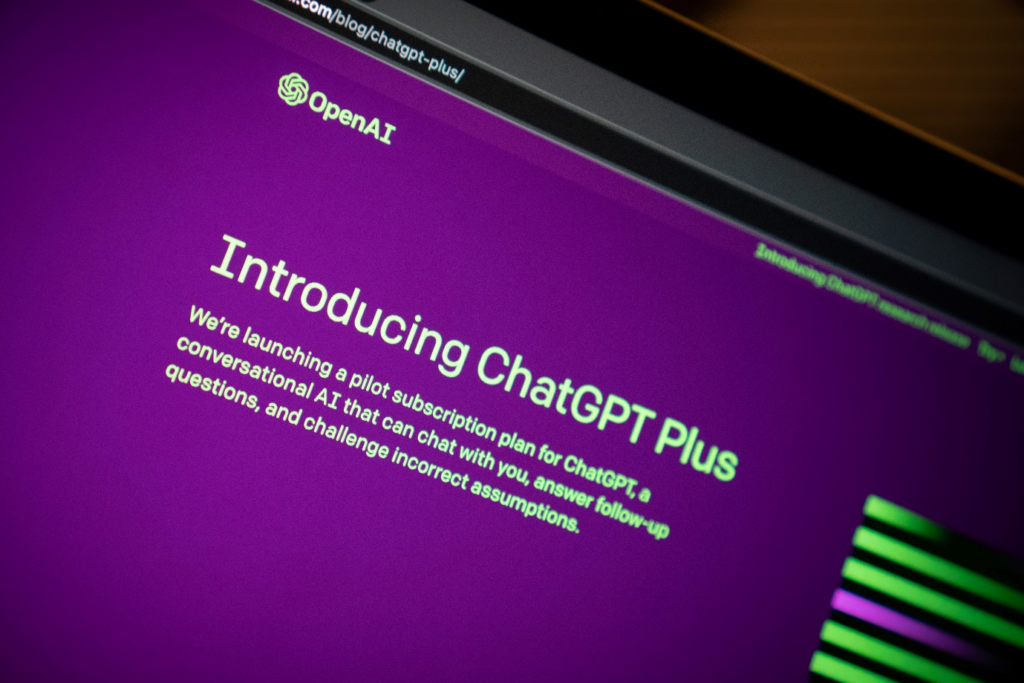ChatGPT and the Future of A. I
Every now and then, a new application gets everyone excited (if not a little scared) about the possibilities of artificial intelligence (AI). ChatGPT, the conversational AI built on the GPT-3 language model, has everyone in a frenzy at the moment. ChatGPT, more than anything else before it, is capable of producing nearly any type of text or written output to a quality that appears to be written by a human. It has been trained on a diverse range of internet text, making it capable of handling a wide range of topics and languages. The model can perform various NLP tasks such as text generation, text classification, and question-answering, with remarkable accuracy and efficiency.

Every time AI makes headlines, it sparks the debate about whether it will put humans out of work. The World Economic Forum, on the other hand, has stated that while some jobs may become obsolete, people will not (Forum, 2018).
AI vs Human Intelligence
The emergence of ChatGPT (by OpenAI), Bard (by Google), and other disruptive products under the umbrella of generative AI is imminent. If these products become commercially available to businesses or users, they have the potential to significantly reduce operational overheads in areas such as customer services, IT support, medical transcriptions, document validations, code development, and more. Instead of viewing AI as a threat, we should embrace it as a tool to enhance our abilities. By automating mundane and repetitive tasks, we can free up our time and focus on developing skills that AI is not yet capable of, such as strategic thinking, innovation, advanced problem-solving, emotional intelligence, and empathy. By working with AI, we can tap into its potential to complement and amplify our abilities.
"Perspective matters a lot when leveraging A.I in the work we do. The best way to describe ChatGPT would be as an assistant that helps you. A catalyst to getting things done. A notable distinction here is that ChatGPT is a tool that helps you and is not a substitute for thinking."
– Sahana Naik, Consulting Director, Propel
The Future
The future of Artificial Intelligence (AI) will impact employment. While some envision a future in which machines have taken over many jobs and humans are relegated to a secondary role, others see a future in which humans and machines work together in harmony. AI has the potential to automate many jobs, it is also likely to create new jobs and opportunities. For example, as AI becomes more advanced, there will be a growing demand for individuals who can design, develop, and manage AI systems. Additionally, AI will likely create new industries and opportunities that we cannot yet imagine. As AI becomes more advanced, it is likely to have an even greater impact, enabling us to perform tasks more efficiently and freeing up our time to focus on other things.
Bottom Line
The future of AI will be shaped by the relationship between humans and machines. To ensure that this relationship is positive and productive, it is important to define it in a way that maximizes the benefits and minimizes the risks. This will require collaboration between governments, industry, and the public to develop ethical and legal frameworks that promote the responsible development and use of AI.